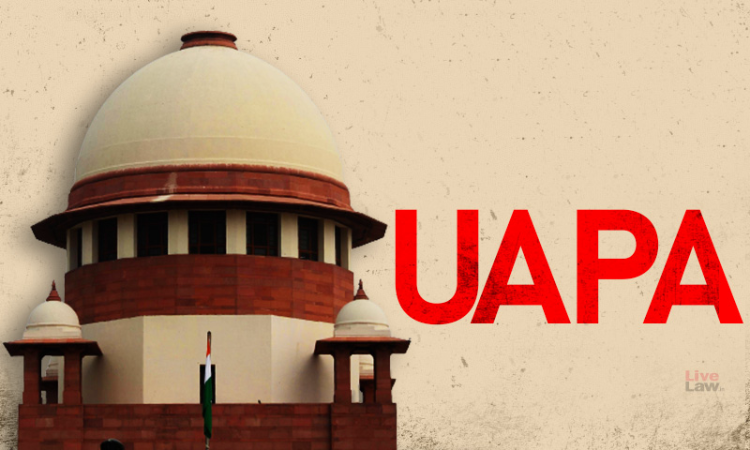Kerala Govt Approaches Supreme Court Seeking To Restore UAPA Charges Against Alleged Maoist
Shruti Kakkar
26 July 2022 8:56 PM IST

Next Story
26 July 2022 8:56 PM IST
The State of Kerala has approached Supreme Court against Kerala High Court's order of discharging alleged Maoist leader Roopesh accused of charges under Unlawful Activities (Prevention) Act and sedition under Section 124A (sedition) of the Indian Penal Code.The High Court bench of Justice K. Vinod Chandran and Justice C. Jayachandran had discharged Roopesh, who allegedly along with members of...
